BRIN Hosted a Public Discussion on Understanding Global Inequality
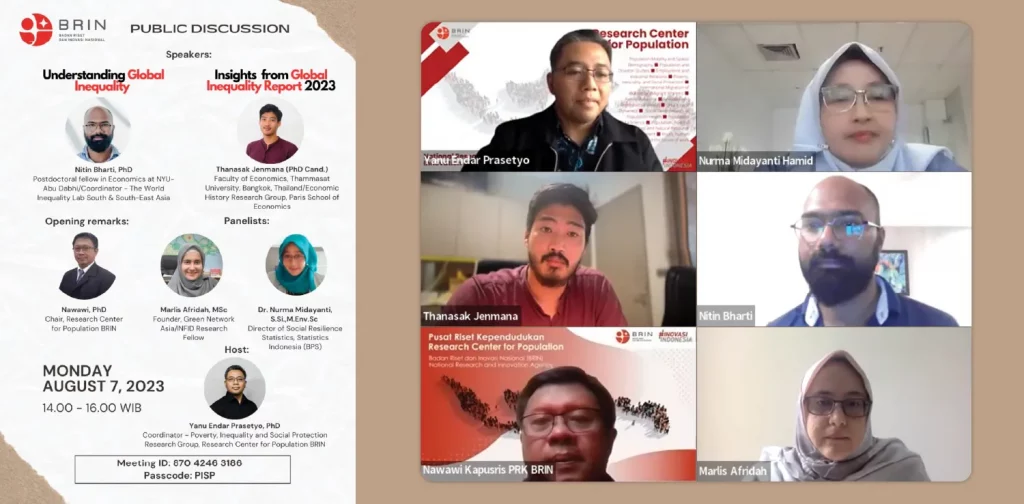
From top to bottom, left to right: Yanu Endar Prasetyo (BRIN), Nurma Midayanti (Statistics Indonesia), Thanasak Jenmana (World Inequality Lab), Nitin Bharti (World Inequality Lab), Nawawi (BRIN), and Marlis Afridah (Green Network Asia). | Photo: Poverty, Inequality, and Social Protection Research Group, BRIN.
A recent public discussion hosted by Indonesia’s National Research and Innovation Agency (BRIN) explored the ways of understanding global inequality.


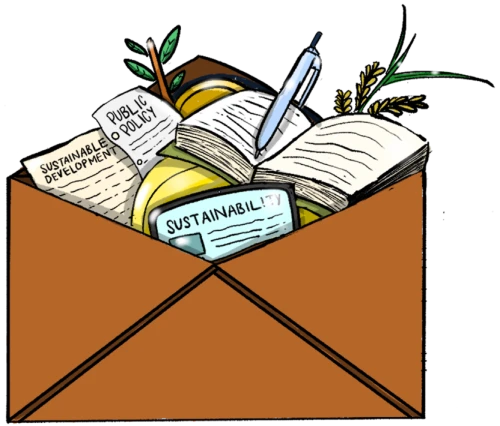
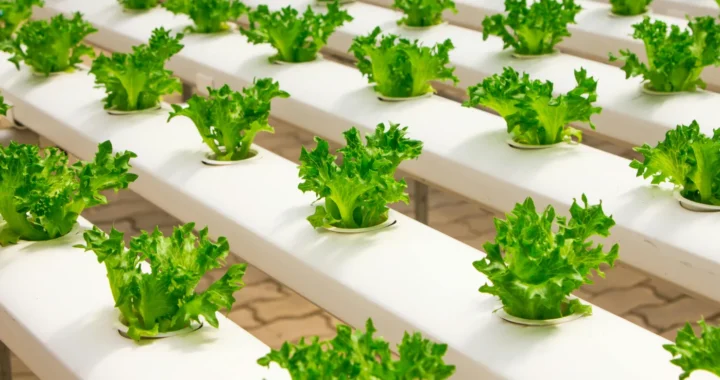 How Plant the Emirates Aims to Support Food Self-Sufficiency in the UAE
How Plant the Emirates Aims to Support Food Self-Sufficiency in the UAE 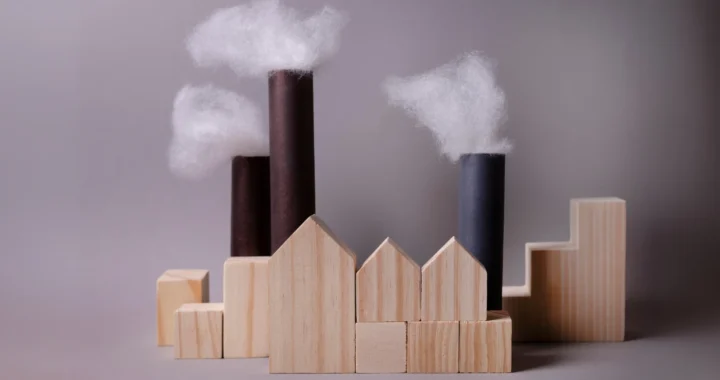 GRI’s Updated Sustainability Standards on Climate Change and Energy
GRI’s Updated Sustainability Standards on Climate Change and Energy  Looking into Biochar as a Bioremediation Agent
Looking into Biochar as a Bioremediation Agent 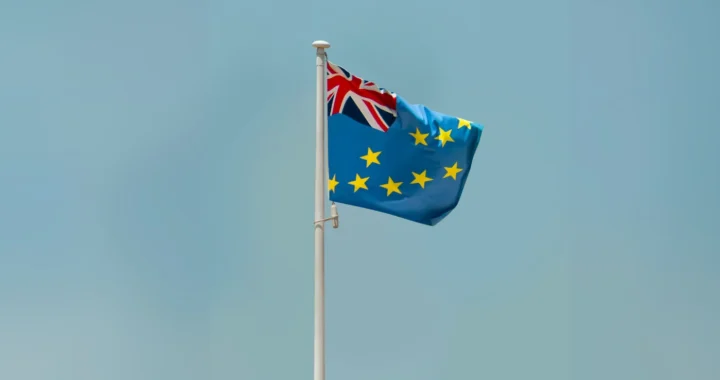 Australian Climate Visa for Citizens of Tuvalu: Showcasing cross-border partnership in light of the climate crisis
Australian Climate Visa for Citizens of Tuvalu: Showcasing cross-border partnership in light of the climate crisis  Nickel Mining in Raja Ampat and the Widespread Cost of Natural Resource Exploitation
Nickel Mining in Raja Ampat and the Widespread Cost of Natural Resource Exploitation  Lumbung Sosial: Challenges and Opportunities of Indonesia’s Social Barn Program
Lumbung Sosial: Challenges and Opportunities of Indonesia’s Social Barn Program